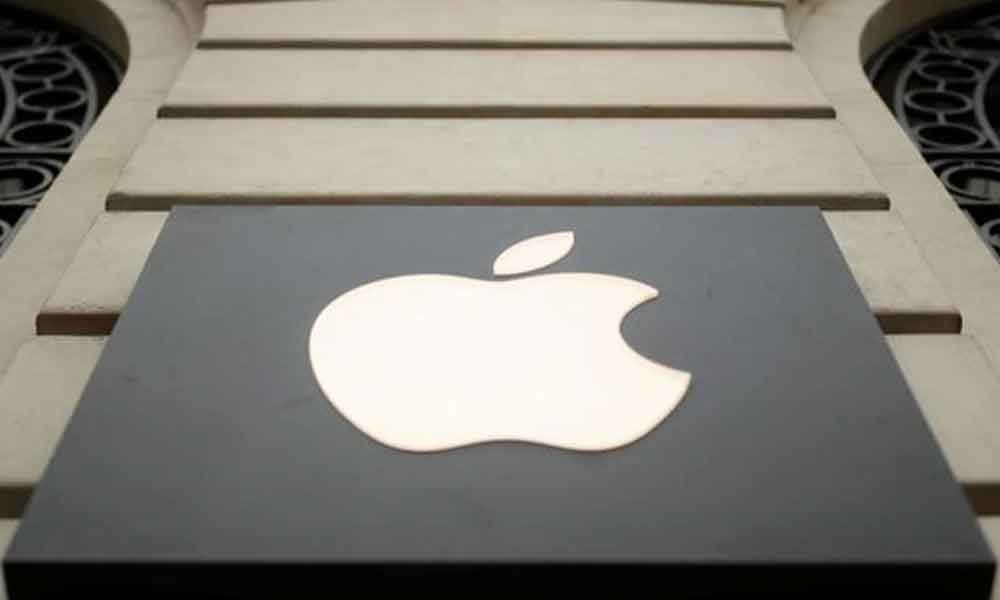Live
- Shraddha Kapoor took ‘thepla’ for her ‘foreign’ trip
- ChatGPT Now Supports Video Inputs: All Details
- B.Com vs BBA: Which degree better prepares you for an MBA?
- Apple Intelligence now features Image Playground, Genmoji
- National Energy Conservation Day: Fostering a sustainable future
- RG Kar issue: Day-long protests in Kolkata today on bail to Ghosh, Mondal
- Plans afoot to bring EPFO service at par with banking: LabourSecy
- vivo unveils X200 series of mobiles
- Sensex, Nifty stage a surprise recovery
- Govt commits to tackling maternal healthcare, deaths









